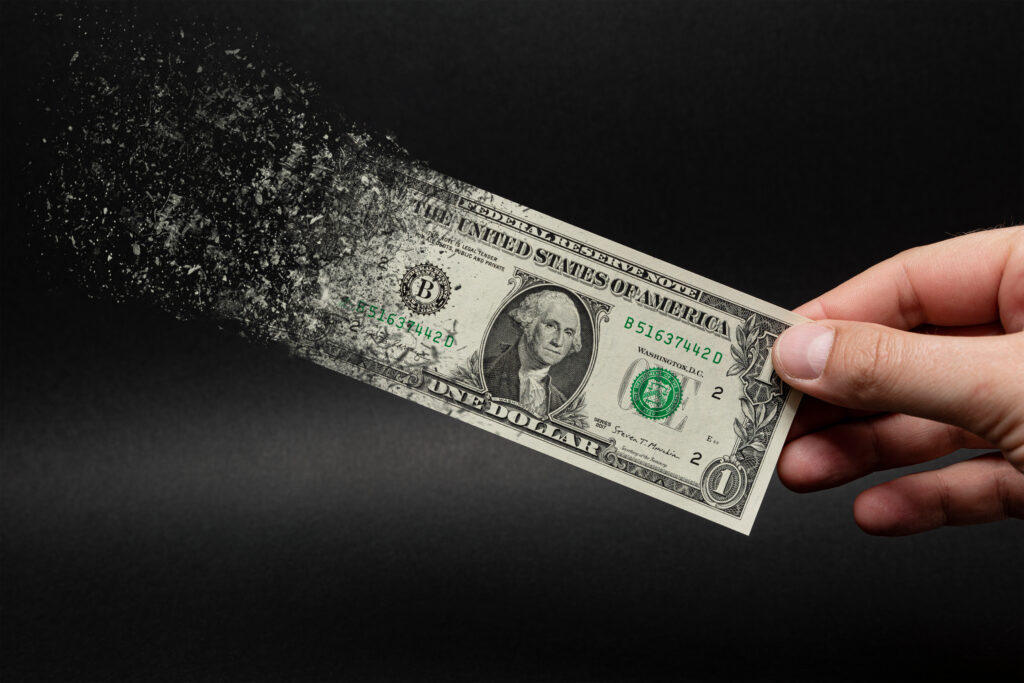Inflation: The Hidden Tax
What is inflation? It is a term that has been on everyone’s lips recently. However, most people do not understand it. Inflation, often called the “hidden tax,” quietly erodes purchasing power, impacts savings, and alters the financial landscape without explicit legislative action. Unlike direct taxes, inflation diminishes the value of money over time, affecting individuals and businesses alike.
Understanding Inflation
Inflation is the rate at which prices for goods and services rise, reducing currency’s purchasing power. High inflation can lead to serious economic problems and a lowering of the median standard of living. Inflation is not random. When the government prints new money it causes inflation by taking the wealth of the average American and redistributing it to government programs, foreign aid, and other expenses. Printing money to pay for these programs is much easier than raising taxes on the American people. Americans are aware when their taxes are higher, they are not as aware of the causes of inflation and rising prices.
Inflation as a Hidden Tax
- Erosion of Purchasing Power: Inflation reduces money’s value. If inflation is 3%, something costing $100 today will cost $103 next year, acting as a tax on consumption and savings. The government receives this tax as they continue to print money to pay for various programs that keep voters happy and themselves in power.
- Impact on Savings: Savings lose value if the interest earned is less than the inflation rate. For example, with a 2% interest rate and 3% inflation, savers lose 1% of their money’s value each year. That is assuming that the inflation rate we are given accurately reflects the actual effect on purchasing power. The value in newly printed money is taken from the value that was present in the average American’s savings.
- Wage Stagnation: Wages often lag behind inflation, reducing real income and acting as a hidden tax on labor. As wages do not rise with inflation, the average American’s standard of living worsens.
- Debt Relief for Borrowers: Inflation benefits borrowers as the real value of debt decreases, acting as a reverse tax on creditors.
- Government Revenue: Inflation increases tax revenue indirectly through “bracket creep,” where rising nominal incomes push taxpayers into higher tax brackets.
Gold and Silver: Inflation-Proof Assets
Gold and silver are reliable stores of value during inflationary periods due to their intrinsic value, historical stability, and global acceptance.
- Intrinsic Value: Gold and silver have inherent value due to their limited supply.
- Historical Stability: Gold and Silver have been used as stores of value for thousands of years.
- Global Acceptance: These metals are safe stores of value. The whole world recognizes gold and silver.
Conclusion
Inflation is a hidden tax impacting savings, consumption, and income. Understanding its effects and investing in inflation-proof assets like gold and silver can help protect your hard-earned wealth. Awareness and proactive management are key to minimizing inflation’s hidden costs.
